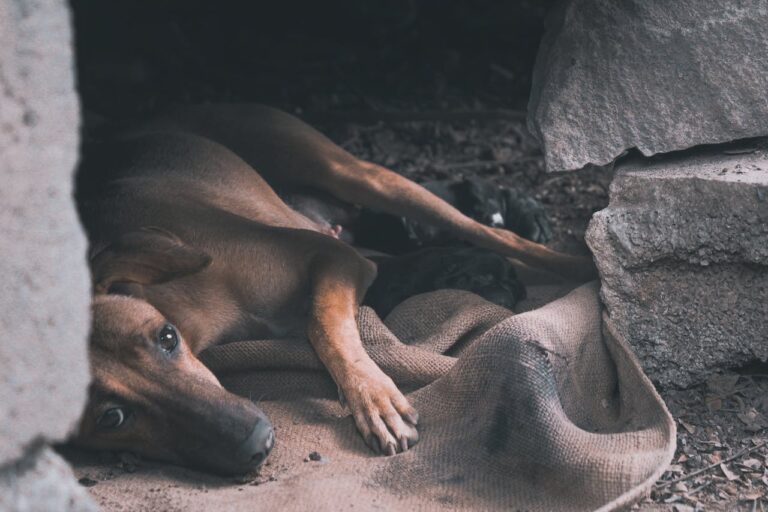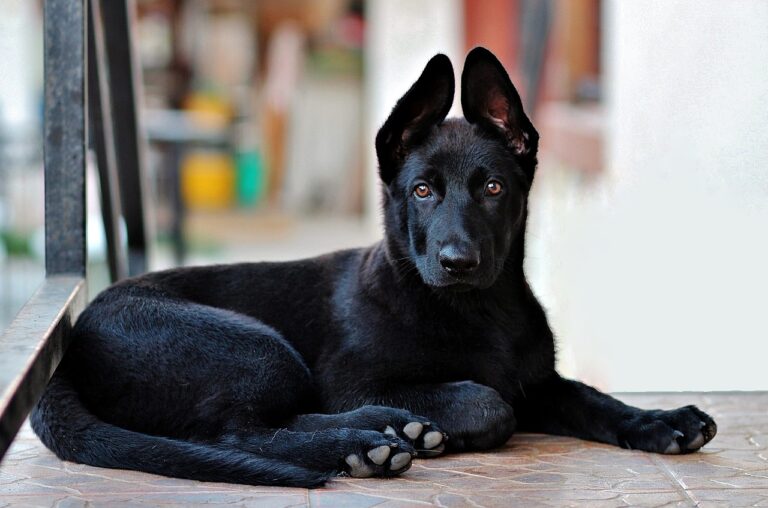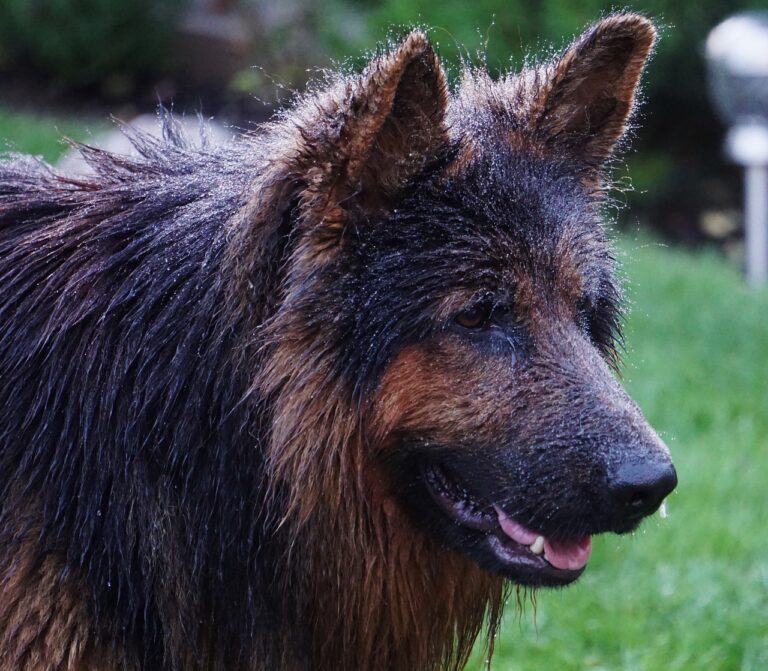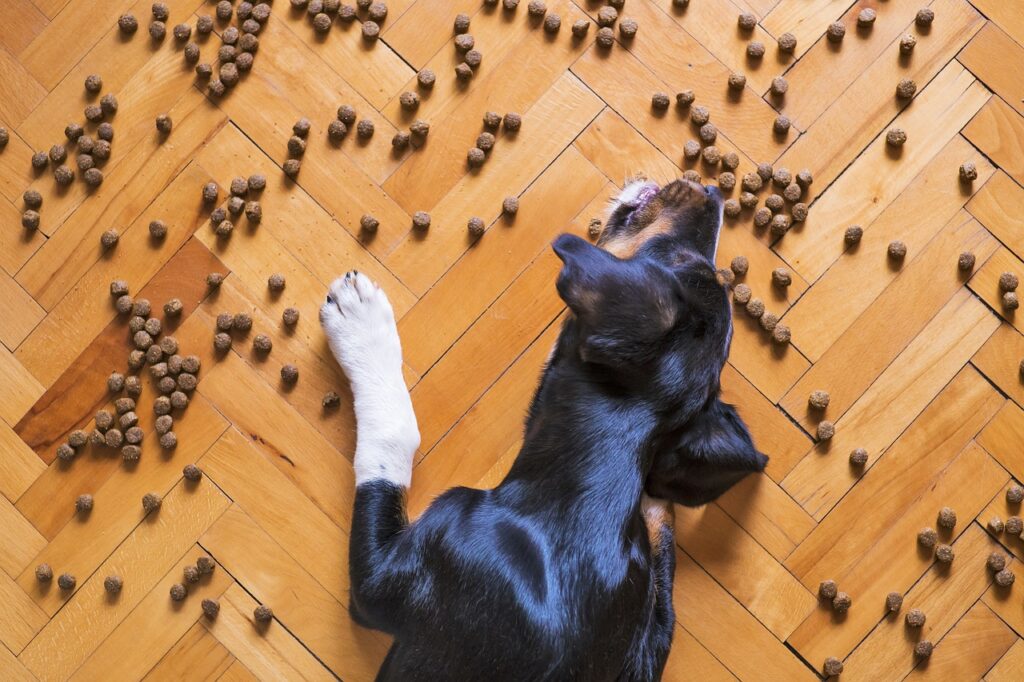
Have you ever been in a situation where your puppy suddenly starts Pooping watery waste everywhere, but you don’t know why? Well, if you are anything like me, you would get very frustrated by this, as you try out many different scenarios to fix the issue.
As you go through all the other possible causes including scouring through the internet, you might suspect that your dog food could be the most probable cause of the issue.
Well, before we go deeper into all the possible reasons why your dog could suffer from diarrhea, let’s answer the main question you came to find an answer to – that is, whether your current dog food could be the cause of sudden diarrhea in your dog. So could it?
Yes! Your current Kibble dog food could likely be causing diarrhea or watery poop in your dog. Did you just recently change your dog’s kibble diet? Or are you feeding using a low-quality brand of kibble? These among other reasons which we will cover, could be the reasons why your dog suffers from diarrhea.
In this post, we are going to be covering six common ingredients present in dog foods that could cause diarrhea. We are also going to cover other possible causes of diarrhea in dogs, and finally, we will conclude with five helpful tips to help solve diarrhea in your dog.
Table of Contents
6 ingredients in Kibble Dog Food That Can Cause Diarrhea
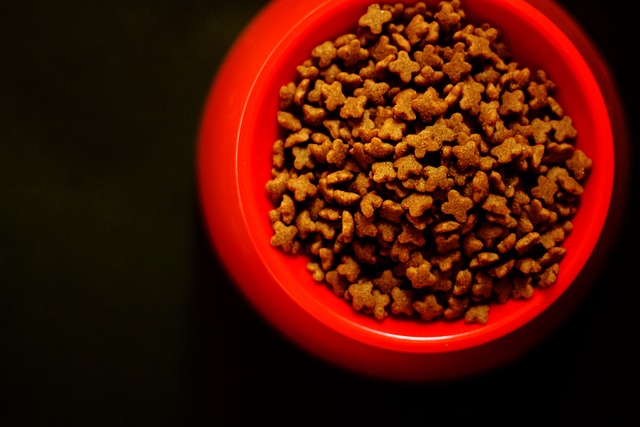
While specific ingredients that cause diarrhea in dogs can vary based on individual sensitivities and allergies, certain ingredients are more commonly associated with digestive upset in dogs. Here are ten ingredients that could potentially contribute to diarrhea in some dogs:
1. Grains
Some dogs are sensitive to grains like wheat, corn, and soy, which can lead to digestive issues, including diarrhea. if you are an owner who loves feeding your dog food with a high grain content, it could be why your dog is purging.
2. High-Fat Content
Excessive fat content in dog food can cause digestive upset and lead to conditions like pancreatitis, which may result in diarrhea. If you make your dog food at home, we recommend feeding dogs small to medium amounts of fatty content, since they naturally do not need much fat to survive.
3. Dairy Products
Dairy products, such as milk and cheese, can be challenging for some dogs to digest due to lactose intolerance, resulting in gastrointestinal disturbances. So if you must feed milk to your puppies, make sure it is only a vet-recommended product, which has a lower sugar content.
4. Artificial Additives
Artificial colors, flavors, and preservatives can be difficult for some dogs to digest and may lead to gastrointestinal upset. For more info on how this can affect your dog, make sure to check out our article on the top ten ingredients to look for in high-quality kibble
5. Spices and Seasonings
Spice and seasoning are among one of the biggest causes of problems in dogs. Kibbole dog food with Highly spiced contents can irritate your dog’s digestive tract and lead to diarrhea. We highly recommend you avoid feeding your dog any kind of spice in food. Instead, use dog food with high protein content like fish and beef.
6. Onions and Garlic
Onions and garlic are toxic to dogs and can cause gastrointestinal distress, including diarrhea when ingested in significant amounts. We recommend you avoid any dog food that includes any hint of online spice.
It is important to note that these six ingredients are not the only causes of diarrhea in dogs. Other ingredients could include, Grain, Sugar, Soy, low-quality fillers, and high fiber content. You must ensure that your dog has not eaten food containing any of these ingredients during the period of its diarrhea. Now, though, let’s consider other reasons why your dog might be suffering from diarrhea.
5 Reasons Why Your Dog Might Be Suffering From Diarrhea.
1. Parvovirus Virus
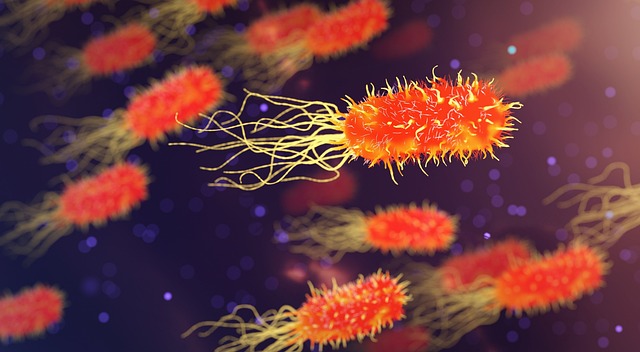
Well, we again have decided to put this at the top of the list because it could well be the actual reason why your dog is not eating. In simple terms, parvovirus is a tiny bacteria that can make dogs very sick.
It spreads from dog to dog, usually through contact with infected feces. When dogs catch this virus, they can get really bad diarrhea, and vomiting, and become very weak. It’s especially dangerous for puppies because their immune systems are not as strong. Without quick and proper treatment, parvovirus can be very serious and even fatal.
So it is important right now to assess if your dog is suffering from this virus. Aside from vomiting and diarrhea, check if your dog is breathing normally. If your dog’s breathing is heavy, suffers from a dripping nose, and refuses to eat, then it probably has the virus. Contact your vet immediately to get your dog vaccinated. It is also important that you get other dogs away from the infected dog.
2. Sudden Diet Change
It is very important to note that dogs are very strict animals who strive better on a consistent routine. Switching a dog’s diet abruptly, especially if transitioning from one type of kibble to another, can lead to gastrointestinal upset and diarrhea. And for other dogs, it could even lead to a hunger strike. We have had dogs who went a whole week without eating, and when they finally did, they immediately started experiencing diarrhea.
3. Low-Quality Ingredients
If you did not recently change your dog food, it may seem that the first option may not apply to you. If that’s the case, the quality of your current dog food could be the reason why your dog suffers from diarrhea. This could most likely be the cause especially if you resort to feeding your dog with a cheaper brand of dog food.
Cheaper dog food brands most times cut costs by substituting natural ingredients for cheaper artificial ones. Instead of getting a cheaper brand of kibble, we recommend creating your homemade dog food, using three out of the five ingredients in this post. Namely, meat, carbohydrates, and vitamins.
4. Food Allergies or Sensitivities
Another possible reason why your dog is suffering from diarrhea could be a result of some type of allergy. For example, most dogs are lactose intolerant. This means that your dog’s digestive system is incapable of digesting sugar content. Some dogs suffer from this condition mildly, while for others it could be intense. If your dog has been able to ingest sugar content in the past but now suffers from diarrhea, it could be a lot of pent-up issues finally surfacing.
5. Contaminants or Spoilage
If the kibble is contaminated with bacteria or has spoiled, it can cause gastrointestinal disturbances, including diarrhea. This simply means that feeding your dog spoiled food could cause them to suffer from diarrhea. If you are fond of feeding your dog spoiled or rotten food, we recommend you stop it now and feed fresh and nutritional food instead.
6. Lack Of Portion Control
Overfeeding a dog could cause a series of problems that could harm your dog’s overall health. In some cases, overfeeding could cause your dog to vomit repeatedly and even suffer from diarrhea. For this reason, we highly recommend you have a consistent portioning of food for your dogs. Now let’s consider five ways to control diarrhea in dogs.
5 Amazing Ways to Control or Completely Stop Diarrhea in Dogs
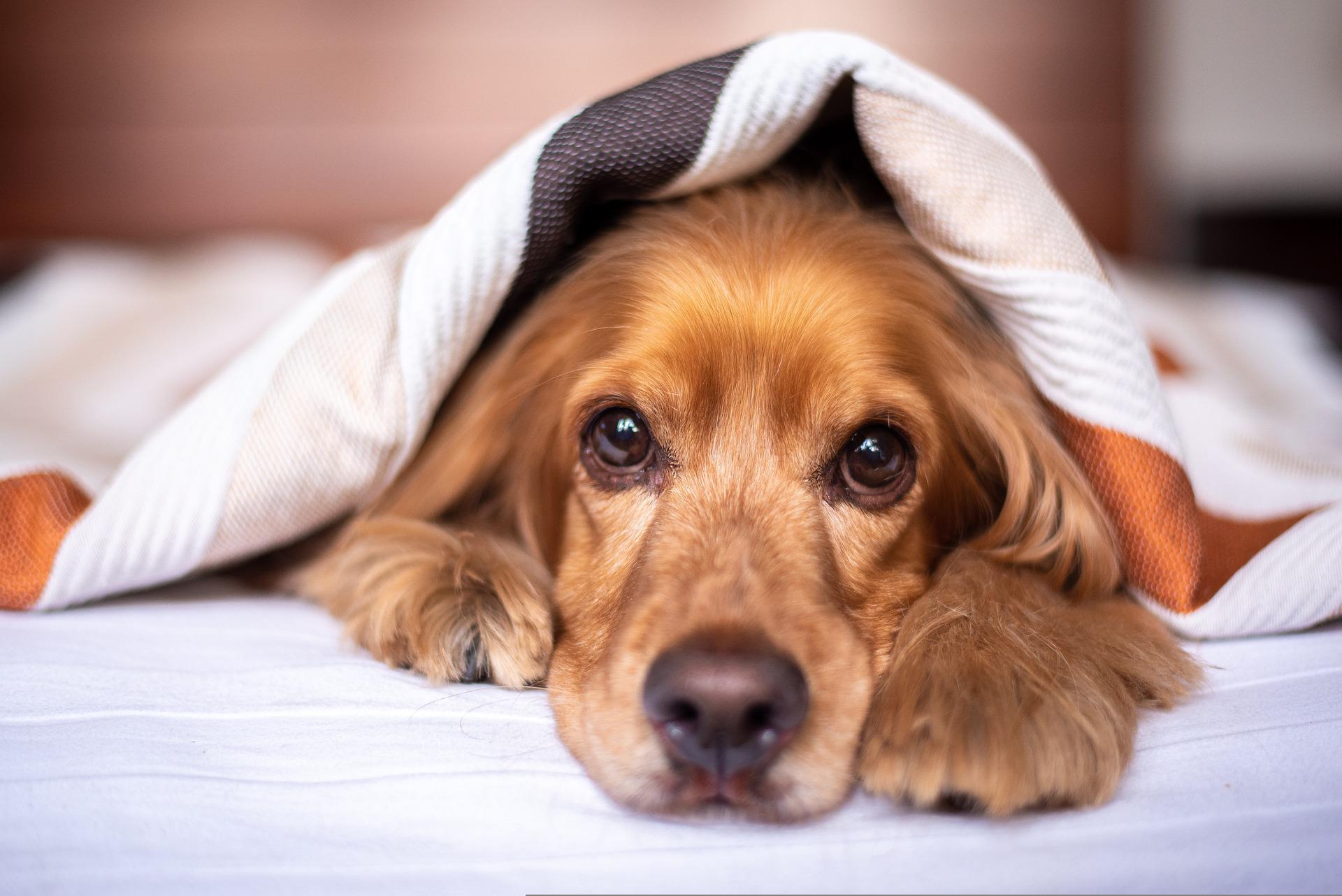
While it’s important to consult a veterinarian for proper diagnosis and treatment, here are five general tips that can help control or alleviate diarrhea in dogs:
- Hydration: Diarrhea can lead to dehydration, so it’s crucial to ensure your dog stays hydrated. Provide clean, fresh water at all times. You can also offer small amounts of an electrolyte solution made specifically for dogs, which can help replenish lost fluids and electrolytes.
- Fasting and Bland Diet: In cases of mild diarrhea, you can try giving your dog’s stomach a break by fasting them for 12-24 hours. After the fasting period, gradually introduce a bland diet. A common bland diet consists of boiled white rice and boiled lean chicken (without seasoning or skin). This can help soothe the digestive tract and provide easy-to-digest nutrients.
- Probiotics: Probiotics are beneficial bacteria that can help restore the balance of the gut flora. They can be especially useful after a bout of diarrhea to promote healthy digestion. You can find dog-specific probiotic supplements at pet stores or consult your veterinarian for recommendations.
- Medications: Only under the guidance of a veterinarian, certain medications might be prescribed to manage diarrhea. These could include anti-diarrheal medications or medications to address underlying causes.
- Vet Consultation: If diarrhea persists for more than 24 hours, is accompanied by other concerning symptoms (like vomiting, lethargy, or blood in stool), or if your dog is a young puppy or a senior, it’s important to seek veterinary care. The vet can diagnose the underlying cause and provide appropriate treatment.
Conclusion
Remember, while these tips can help manage mild cases of diarrhea, it’s important to consult with a veterinarian for proper diagnosis and treatment. Diarrhea can be a symptom of various underlying issues, some of which can be serious. Your vet will provide tailored advice based on your dog’s specific situation. Ultimately, the best way to help avoid or control your dog’s diarrhea issue is to feed with a completely balanced and healthy kibble brand. For more information on our best picks, click the link above.

